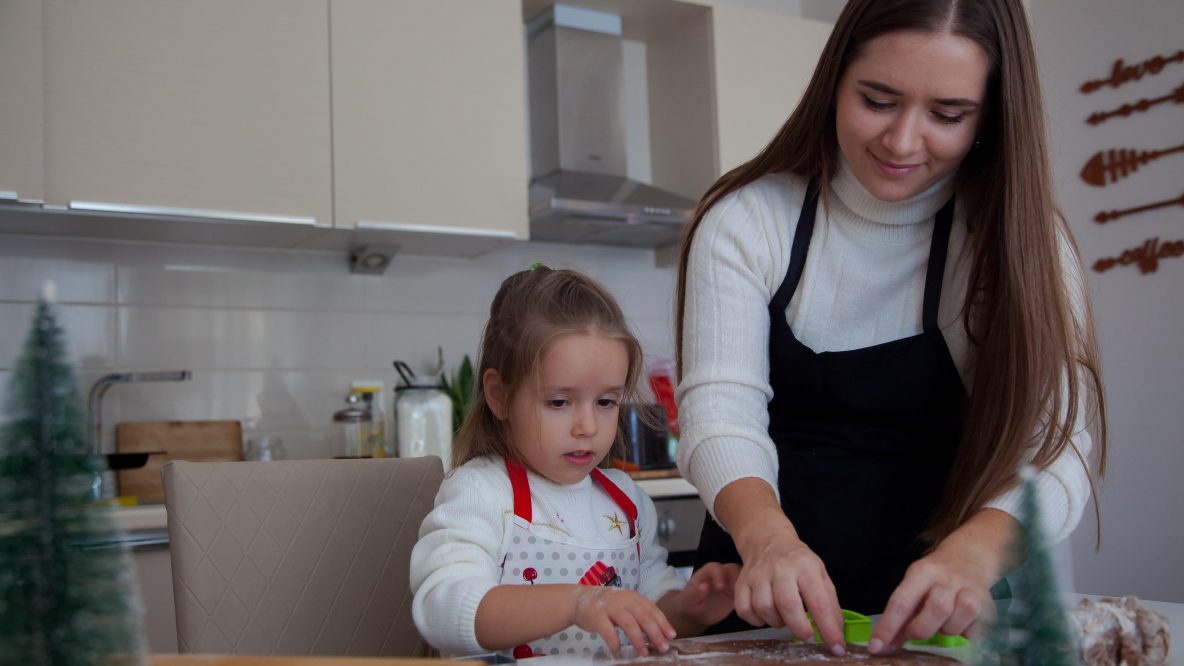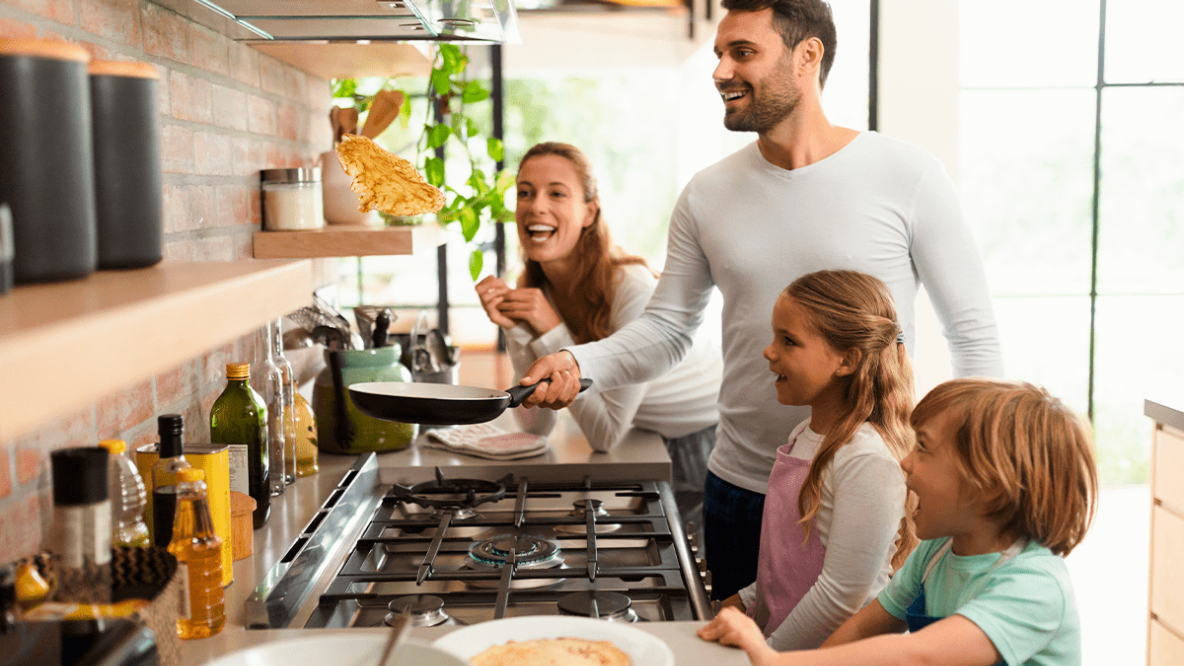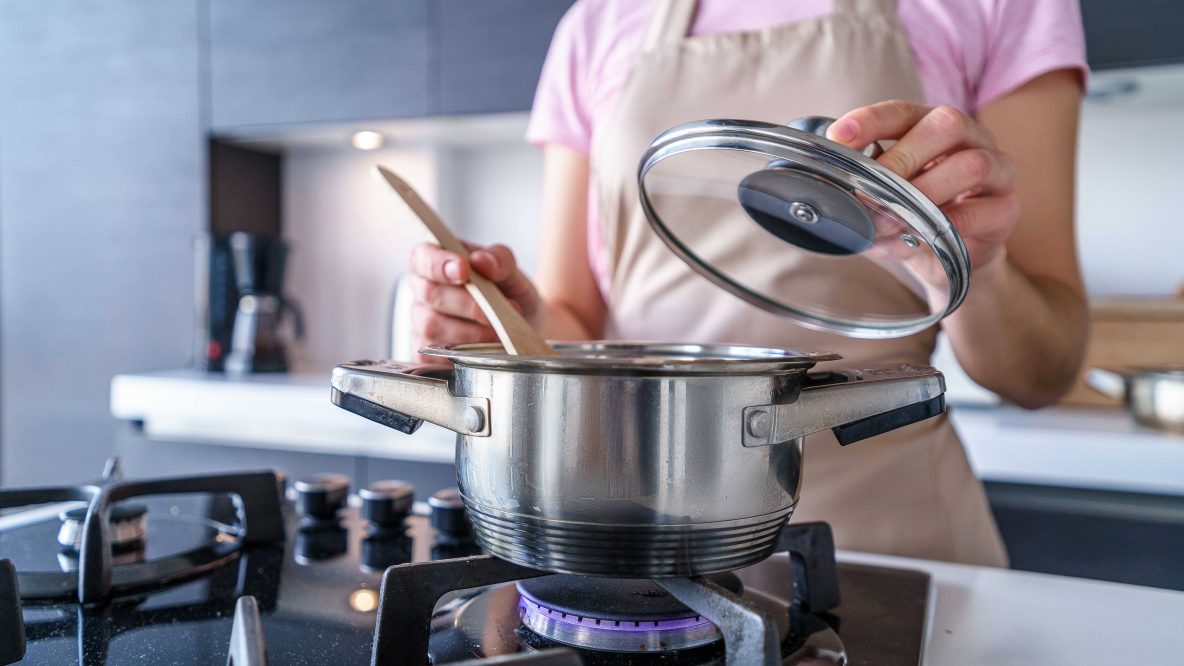Preventive preparation to prevent accidents
Knowledge about fire safety will give you both a sense of security and confidence that you will know what to do if you need to. To make sure your home is fire-safe, here's how to get started:
- Use a gas detector, this will help you detect if there is a gas leak. It is recommended to place the detector in the kitchen or in a room with a gas boiler or stove. If a leak is detected, the gas supply must be shut off, windows and doors must be opened so the room can be ventilated. It is important not to use open flames or electricity. It is best to switch off the electricity supply, and the gas emergency service should be contacted immediately at the emergency number 114;
- If you use wood to heat your home, it is advisable to install a carbon monoxide detector, which will alert you to the presence of carbon monoxide (CO), a colourless, tasteless, odourless, flammable, highly poisonous toxic gas;
- Install a smoke detector. Although it has been compulsory for some time now to install a smoke detector in the home, not all households have actually done so. The smoke detector will give an audible alarm to alert you in advance of a smoke intrusion;
- Make sure you have a fire extinguisher at home - the safest means of extinguishing a fire in its early stages;
- For extra safety, you can buy a fire blanket - a special flame-resistant blanket that can be used to extinguish small fires;
- Special care must be taken when using pyrotechnics. Make sure there is nothing flammable on the balcony or in the yard. Read the instructions carefully before using pyrotechnics. Do not smoke or use pyrotechnics near gas or fuel cylinders, petrol stations, low-voltage, high-voltage and communication lines. If you are going to watch fireworks, choose a safe distance to protect yourself, your children and don't forget your pets.
If your home is in an apartment building, pay attention to the safety of common areas. Although the landlord is usually responsible for keeping apartment buildings tidy, it is important that everyone in the building behaves responsibly and complies with fire safety rules:
- Do not store combustible objects or materials in the attic or basement. These areas should be locked to prevent unauthorised access;
- The lids of waste hatches must be closed to prevent the spread of smoke through floors in the event of a fire;
- Common areas should be kept free of clutter, with particular attention to escape routes, which should not be obstructed;
- No smoking in common areas;
- Clear escape route signs must be provided in common areas.
Prepare your meals safely!
Statistics show that most people in Latvia have started cooking more when they spend more time at home. We've put together some tips to help you avoid dangerous situations in the kitchen:
- Do not leave a pan or saucepan unattended on a stove that is on, as the temperature can change rapidly;
- When cooking, put off other tasks that require time and attention;
- Don't go another room to watch TV while you're cooking;
- If you have a cooking accident - turn off the cooker, do not clean surfaces while they are still hot;
- Do not pour water on top of a burning pot or pan;
- If flames are present, they must be extinguished with a fire extinguisher, by pouring on baking soda, covering with a lid or dense cloth or a fire mat;
- Use cooking utensils - don't use metal bowls for cooking, always use kitchen gloves or a thick cloth to touch cooking utensils;
- If you've set a timer, don't rely on it, check your food every 10 minutes;
- If you burn food while cooking and the room is full of smoke, open the windows and doors and air it out;
- Choose a flame and temperature appropriate to the size of the cookware, the flame must not be bigger than the cookware.
Don't forget about the safety of electrical equipment
When spending time both inside and outside the home, don't forget about the safety of electrical equipment:
- The most common cause of fires is the misuse or overloading of electrical appliances, so it is important not to overload sockets and to pay attention to the condition of electrical contacts;
- When installing electric light bulb strings, pay attention to the thickness of the string wire, which should be at least the thickness of a match. Thinner wires are considered unsafe;
- When buying light bulb strings, check that the string is not damaged or missing an important element - a damaged string can cause a short circuit;
- If you use several strings, make sure that the wires do not get tangled. It is safer if you plug the strings into different sockets;
- Do not leave the string lights on at night and when going out;
- Do not make improvements to the bulb cords yourself. Improperly connected cords are dangerous to use.
Careful use of candles and a stable Christmas tree
When buying and installing festive decorations, make sure they fit into the home and do not interfere with the daily routines of family members. Avoid unstable structures and the use of flammable materials. Special attention should be paid to candles during the holiday season:
- Always check that all lit candles are blown out when you leave home or go to bed;
- Place candles on a stable and non-flammable surface, at a safe distance from flammable objects such as curtains, furniture, etc. Do not place candles near other heating objects such as fireplaces, radiators, etc.;
- The candle holder or tray must be stable and suitable for the size and shape of the candle so that it cannot tip over;
- Never leave children unattended in a room with burning candles;
- If you have pets, place candles out of their reach;
- Remember, the longer the tree and Advent wreath are in the house, the drier and more flammable they become.
Once you have taken your Christmas tree home, pay attention to the correct installation of the tree:
- Make sure it is not placed too close to flammable objects;
- Place the tree as far away as possible from fireplaces, radiators or other heating appliances;
- When installing an "artificial" tree, pay attention to whether the material used to make the tree is "fire-proof";
- Make sure the tree is firmly secured in the stand;
- Be present when children decorate the tree to avoid injuries.
- Only use candle holders that will protect the decorations and the surrounding environment from ignition when the candle burns out;
- Don't forget about pets, which should also be supervised around the tree.
Latvijas Gāze wishes you a bright, safe and peaceful holiday season!



